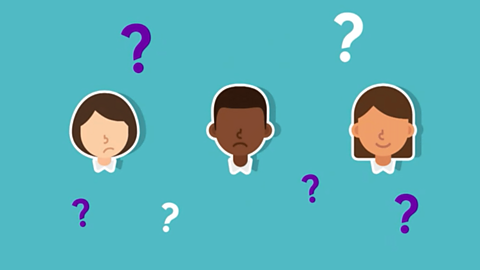Watch: Secondary sources of information
Learn about using secondary sources of information.
Child: Whatâs the moon made of?
Molly: Not sure. Some things arenât easy to investigate yourself.
Narrator: You could look through your telescope, but it wonât tell you what the moon is made of.
Molly: I suppose you could always visit the moon.
Narrator: Or you could research secondary sources instead as other people may already have found the answer.
Would you like to search the internet? Read books? Or listen to interviews from people who have been there?
Molly: That one please!
Astronaut: The moonâs made from rock.
Molly: Itâs made from rock!
See ya!
Countdown Voice: 3âŠ2âŠ1âŠ
Ignition!
What are secondary sources?
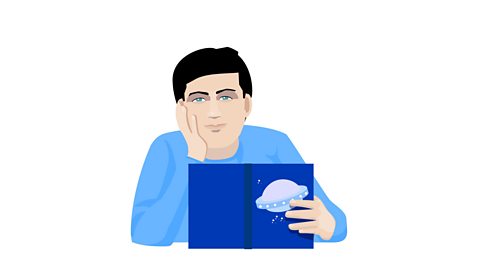
Some things are difficult to research for yourself but somebody else might know the answer.
You can search online, look in books and watch television to find out the answer. Answers that you might find here, are secondary sources of informationScientific information found on the internet, in books or television from experiments completed by other people. because it is somebody else's research not your own. (Your own science investigations are called your primary researchScientific information from experiments completed by you..)
For many years scientists have used both their own primary research and secondary sources of information as evidence to agree with their ideas or disagree with other peopleâs.
It is very important that you look at the source of the secondary information. Not everything that is written on the internet or appears on television is scientifically correct. In fact, some people publish their own version of events, or even lies on purpose. This has recently been called âfake newsâ.

Activity 1: Quiz
Activity 2: What have you always wondered
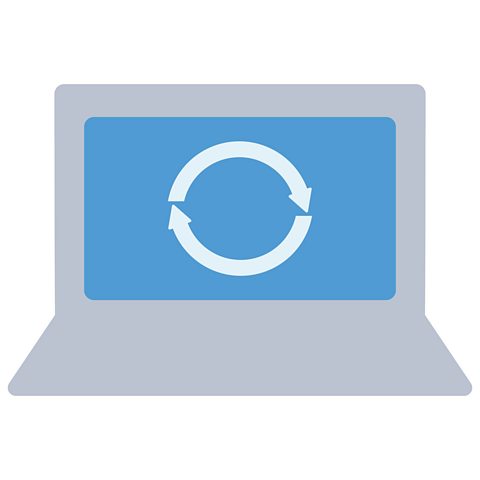
Think about a scientific question or theory you would like to investigate. Think of a question that you cannot answer yourself, so that you will need secondary sources of information. If you are stuck, why not think about something in space (like âWhat is a black hole?â).
Find all the evidence you can to support or refute an idea of your own.
Use secondary sources of information to find out the answer. How will you ensure you find scientifically correct information and not fake news? (Start by looking at evidence you trust â such as ±«Óătv Bitesize, textbooks you use in school or your parents, carers and teachers.)

Bitesize Primary games. gameBitesize Primary games
Play fun and educational primary games in science, maths, English, history, geography, art, computing and modern languages.

More on Working scientifically
Find out more by working through a topic
- count9 of 11
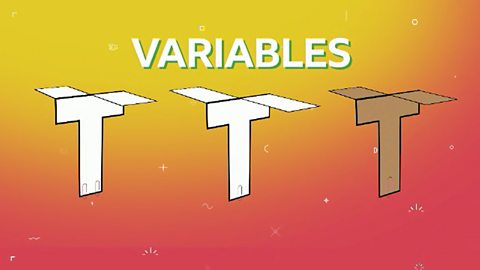
- count10 of 11
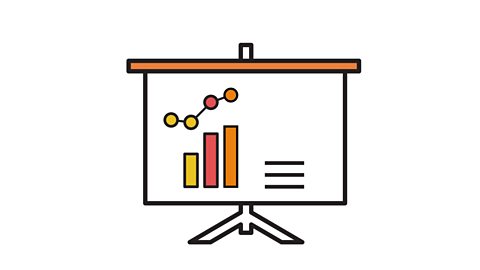
- count11 of 11
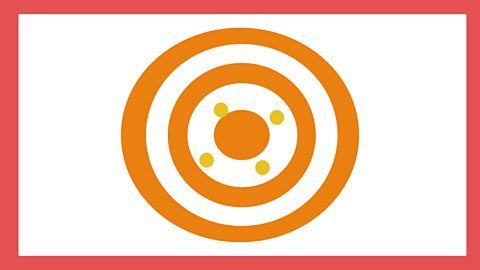
- count1 of 11
